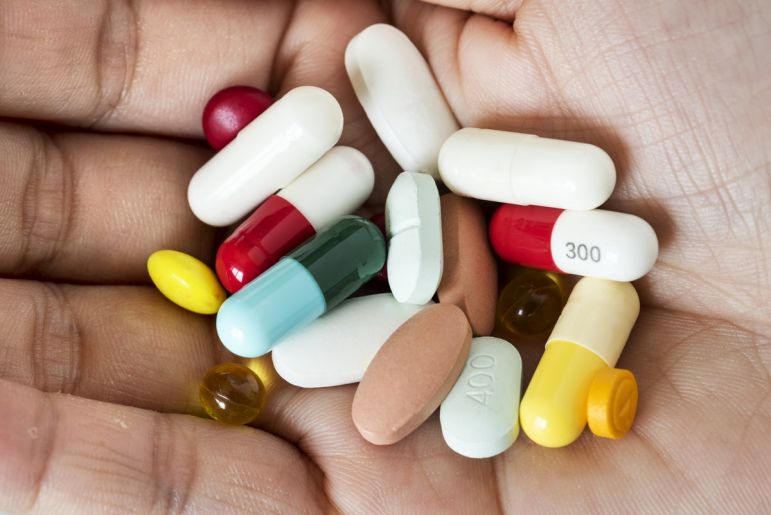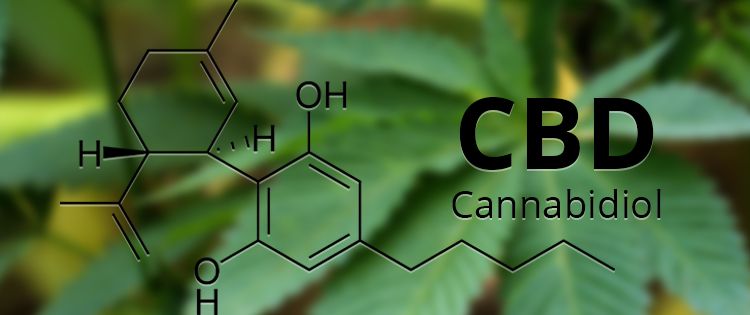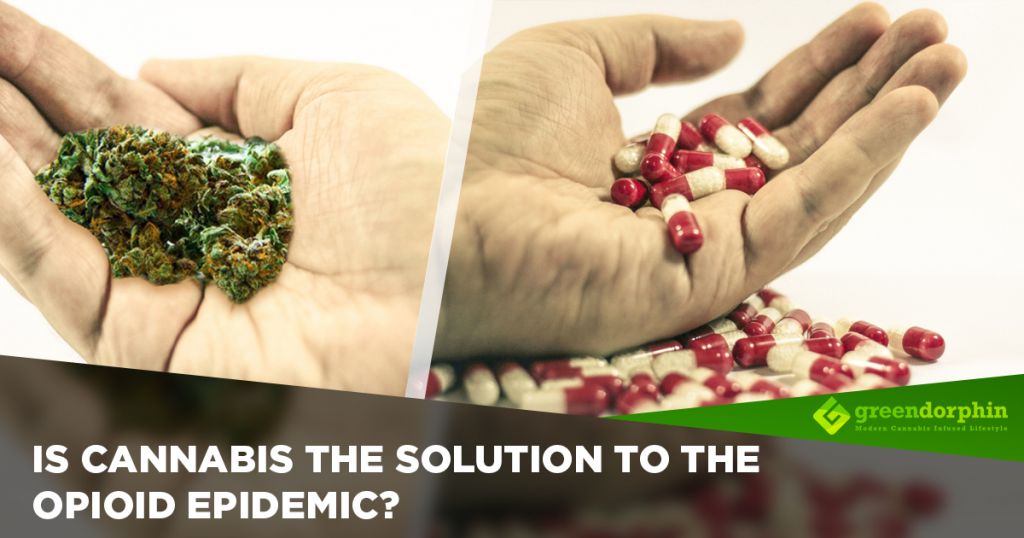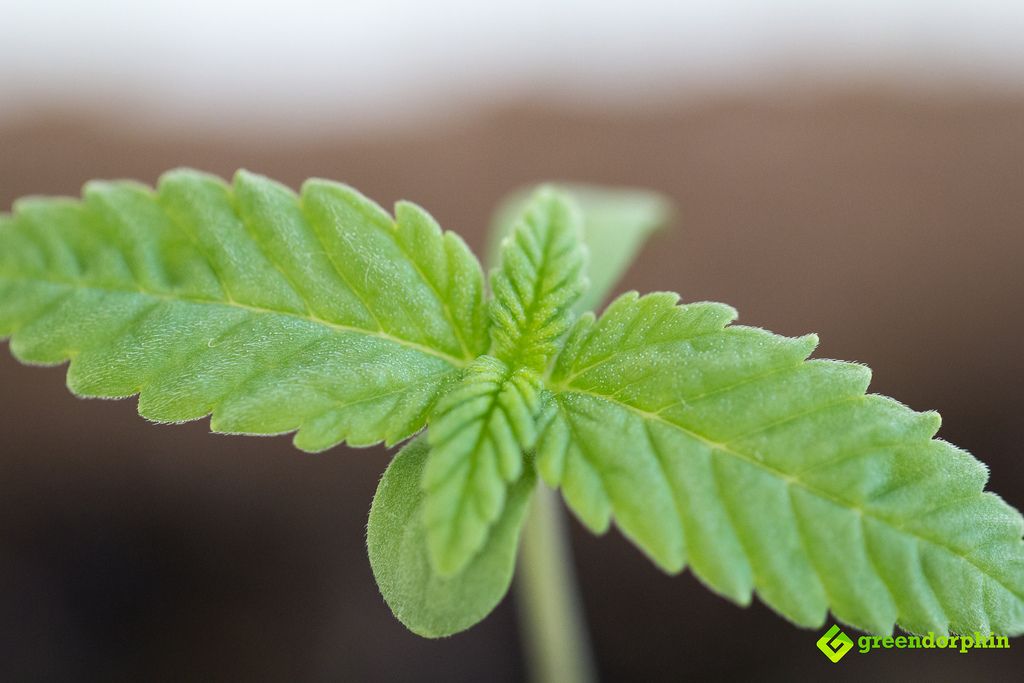With an opioid epidemic ravishing the nation, more and more people seek out hope in finding a way to cure addiction.
Though that cure may be far into the future, cannabidiol (CBD) just might be able to lend a helping hand until then.
Within the last decade, more and more studies have surfaced proving CBD may have the ability to curb opioid addiction specifically. When it comes to other addictions, cannabidiol has also been found effective in preventing relapse.
Throughout this article, we’re going to taking a deeper look into how CBD may be able to help those seeking recovery treatment.
CBD May Help with Opioid Addiction
Addiction is viewed as a vicious cycle many find great difficulty escaping. One of the main causes of this cycle is cravings.
The brains and bodies of people who struggle with opioid addiction desire these drugs in a way that becomes more than irresistible. It becomes a necessity.
In order to lower opioid addiction rates, we must overcome the obstacle of cravings. And recent studies have found CBD has the ability to do this.

Similarly, to medications like buprenorphine and methadone, CBD curbs cravings during and after treatment recovery. Preventing the risk of relapse.
Furthermore, cannabidiol has been found to lower rates of anxiety and depression – two prominent opioid withdraw symptoms.
Unfortunately, the biggest difficulty is accessibility. The FDA currently doesn’t approve CBD or any cannabis products for the treatment of any kind of drug addiction.
Yet, even the medications and therapy options that are approved aren’t being used to the full extent.
The National Institute on Drug Abuse reports that only about ⅓ of US patients currently receiving treatment for opioid dependence receive medications such as buprenorphine and methadone.
The 2016 surgeon general’s report goes as far as to claim only about ⅕ of those facing opioid addiction receive any kind of treatment, including medication and/or therapy.
CBD for Opioid Withdrawal
Since CBD has great potential in reducing cravings, many researchers are looking into how the cannabinoid can help other opioid withdrawal symptoms.
As mentioned, we already know CBD has the ability to lessen anxiety and depression.

The following are some common opioid withdrawal symptoms CBD might be able to help with:
Abdominal Cramping – According to Kenneth Brown, MD, “When the CBD binds to the CB1 receptor, it decreases excessive gastric acid, helps lower esophagus prevent reflux, and increases blood flow to the lining of the stomach to help heal it quicker.” In turn, this can reduce abdominal cramping.
Digestive Issues – By indirectly influencing the endocannabinoid system, CBD has been found to heal the digestive tract and allow for easier digestion. This might help those who lose their appetite during withdrawal.
Insomnia (Lack of Sleep) – Unlike THC (found in marijuana), CBD doesn’t necessarily make you fatigue. This is why many are able to take it while going about their responsibilities. However, for those who do have trouble sleeping, CBD helps to ease the central nervous system (CNS). In turn, helping people get to bed when desired.
Muscle Aches – CBD has anti-inflammatory capabilities and is able to prevent a number of different pains, including muscle aches and spasms.
Nausea/Vomiting – CBD has been found to reduce nausea and vomiting in people struggling with various illnesses, including cancer. However, it should be mentioned, some studies suggest that the cannabinoid THC is more effective in treating nausea/vomiting compared to CBD.
Restlessness – When it comes to opioid withdraws, one of the biggest reasons people lack sleep at night is their symptoms make them restless. Though CBD hasn’t been found to reduce all symptoms of opioid withdrawal, the fact that it holds the ability to ease those mentioned here may allow people to feel less restless. Furthermore, some studies suggest CBD helps ease chronic pain which may also prove beneficial for restlessness.
Seizures – Not everyone who experience opioid withdraws will face symptoms as detrimental as seizures. However, the fact that it’s still a risk calls for a protocol. As of this time, CBD approved by the FDA through the medication Epidiolex for the treatment of epilepsy.
Many studies and personal reports have appeared praising cannabidiol for reducing seizures in those who suffer from the condition. Some claiming as much as 90% reduction rates.

Final Thoughts
Since CBD is still facing repercussions from its prohibition, it’s unlikely we’ll see it approved any time soon for the treatment of addiction.
However, it’s almost impossible to deny that it can have some benefit to those currently facing the life-threatening disease of addiction.
Understandably, CBD isn’t necessarily the answer to addiction nor solving the opioid crisis.
However, there’s plenty of evidence suggesting that it would work well as a complementary therapy alongside traditional recovery treatment methods.
- Red Vein Kratom Powder Vs CBD: Which Is A Better Choice? - December 18, 2023
- How CBD E-Liquids Are Making an Impact For Anxiety - November 27, 2023
- The 3 Mistakes To Avoid When Using Medical Marijuana - August 14, 2023


